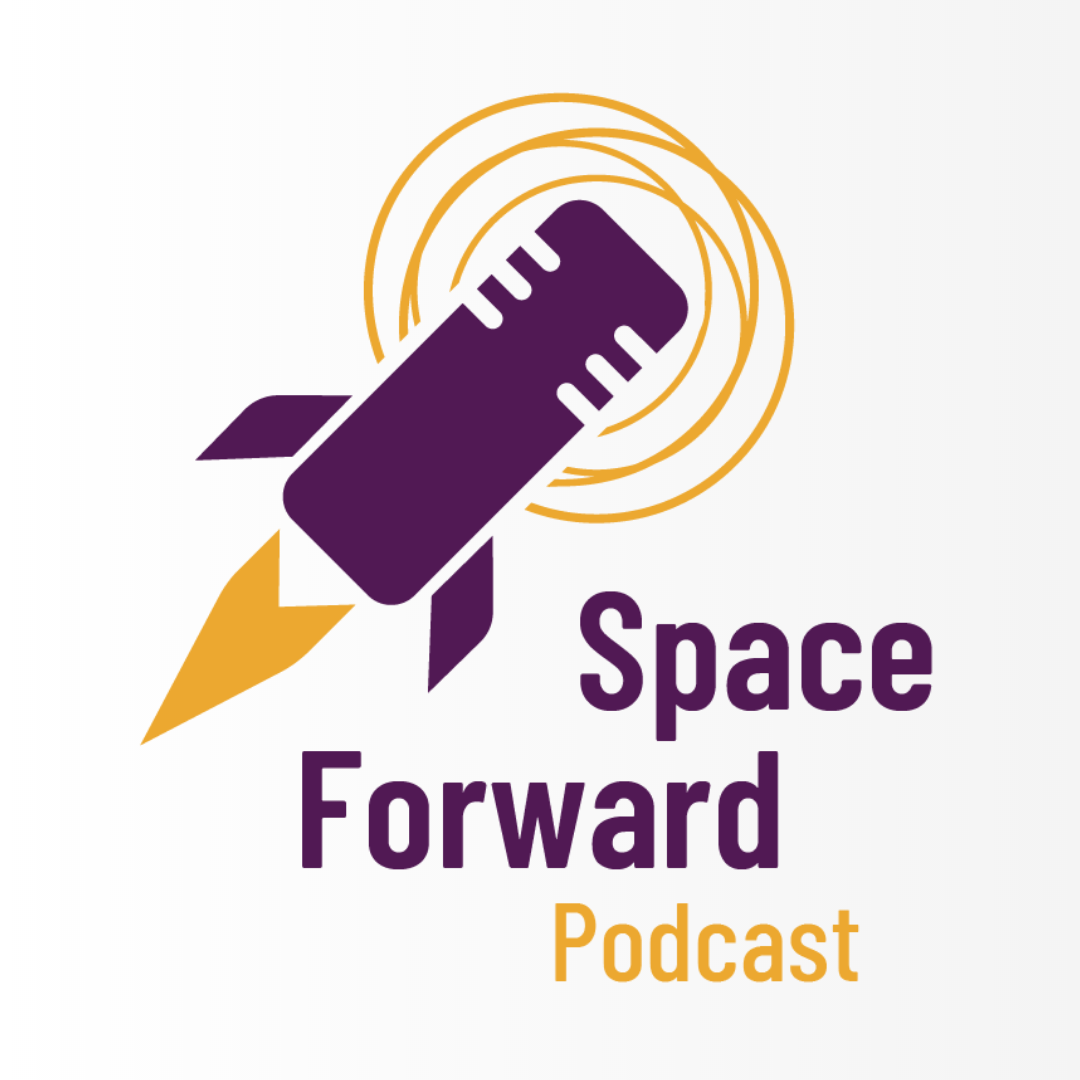E14 | Advancing Geoinformatics with Thomas Blaschke
Description
We discuss with Professor Thomas Blaschke the possibilities and challenges of processing Big Earth Data for addressing real world solutions. From predicting destructive landslides and urban traffic jams, to tracking illegal deforestation and human rights abuses, Dr. Blaschke’s decades of research work has contributed to a better understanding of humanity’s impact around the globe. Tune in to discover the latest advancements in building our Digital Earth and the potential for developing a new field of academic inquiry, Astroinformatics!
Dr. Thomas Blaschke is Deputy Chair of the Department of Geoinformatics at the University of Salzburg, Head of Research Studio iSPACE, and Director of the Doctoral College GIScience. He’s been a guest professor and visiting scientist in Germany and the US including a Fulbright professorship at California State University. His research interests include methodological issues of the integration of GIS, remote sensing and image processing to support systems that address human-ecological relationships and imbalances. His academic record yields 320+ scientific publications, and was awarded to the world’s top 2% of the most impactful researchers in his research field. He works closely with ESA’s Copernicus and Galileo program and as a business angel focused on Geoinformatics and Earth Observation science-based start-ups.
More Episodes
Join us for a space forward-thinking conversation with Kara Cunzeman, systems director of Strategic Foresight at the Aerospace Corporation’s Center for Space Policy and Strategy.
Kara talks to us about Strategic Foresight, a holistic approach toward facing future uncertainties. Strategic...
Published 11/15/23
Published 11/15/23
Who owns what on the moon? Legally, nobody according to the United Nation’s Outer Space Treaty. With an array of space agencies and private companies destined to launch a multitude of lunar missions in the coming decades, the principles of the 1967 treaty will be put to the test. How will we...
Published 09/21/23


